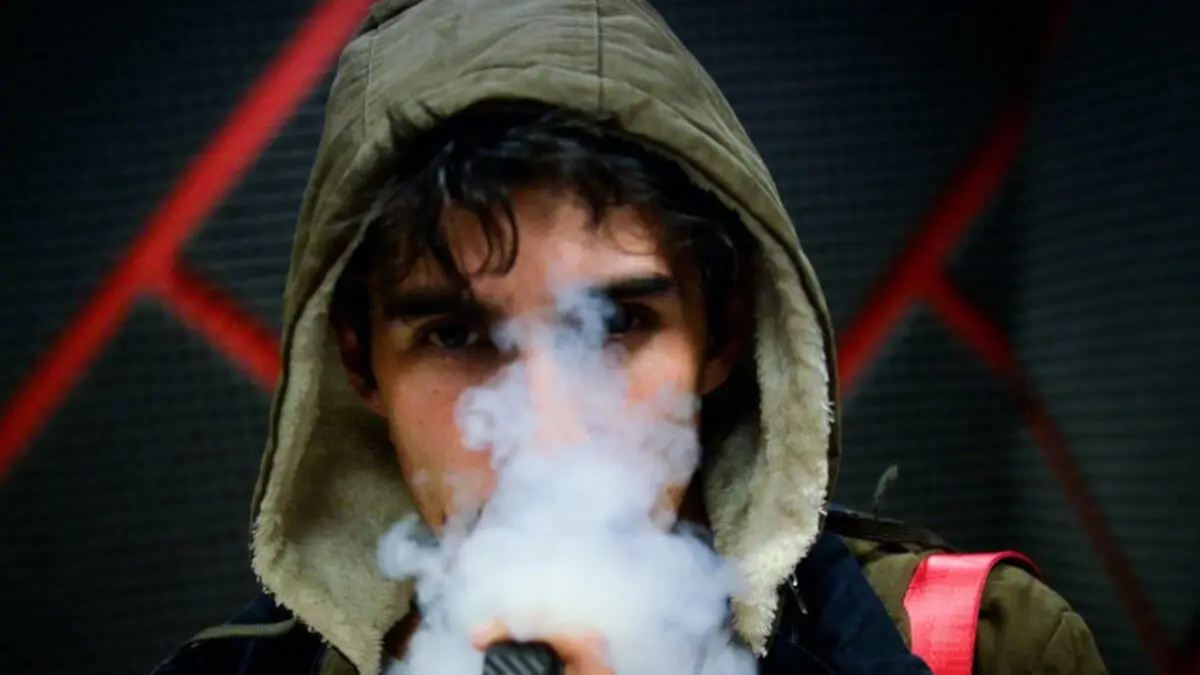Alcohol and nicotine use is increasing among young people in Europe, Central Asia and Canada

At the same time, it calls for a ban on online advertising of these toxic and addictive products that could affect the quality of life of adolescents.
Alcohol and nicotine use is increasing among young people in Europe, Central Asia and Canada, with girls equalling or even surpassing boys in substance use, the World Health Organisation (WHO) said in a new report on Thursday.
Data for all three areas reveal that more than 50 per cent of 15-year-olds experiment with alcohol, while one in five adolescents have recently used e-cigarettes, the UN health agency says, in a call for urgent preventive action.
"Given that the brain is still developing well into the 20s, adolescents need to be protected from the effects of toxic and dangerous products," said Dr Hans Kluge, WHO regional director for Europe.
The popularity of e-cigarettes
Alcohol use remains prevalent among adolescents, with 57% of 15-year-olds reporting having tried alcohol and 37% having drunk alcohol in the past month. Approximately one in 10 young people in all age groups have experienced significant drunkenness, i.e. they have been drunk at least twice in their lifetime. This rate rises from 5% at age 13 to 20% at age 15, demonstrating a trend of increasing alcohol abuse among young people.
E-cigarettes have also increased in popularity, overtaking traditional cigarettes: 32% of 15-year-olds have tried them and 20% have used them in the last 30 days. This contrasts with 25% of 15-year-olds who have smoked a conventional cigarette in their lifetime and 15% who have tried one in the last month.
Perhaps surprisingly, cannabis use declined slightly: 12% of 15-year-olds surveyed tried it in 2022, down from 14% in 2018. Early cannabis use can lead to dependence and problematic use patterns later in life, the report warns.
The report also highlighted that while boys have traditionally drank and smoked more than girls, this trend appears to be changing, with girls equalling or even surpassing boys in tobacco, alcohol and e-cigarette use by the age of 15.
Advertising of harmful products
Experts expressed alarm at the product placement of all kinds of substances in video games, entertainment programmes and other content aimed at young people through multimedia platforms, in a call for comprehensive preventive measures.
"Today, children are constantly exposed to targeted online marketing of harmful products, while popular culture, such as video games, normalises them," said Dr Kluge.
To preserve the health of young children, the UN agency is already working with countries to protect them from these products. To curb alcohol, nicotine and tobacco use among young people. To do this, it proposes that countries increase taxes, restrict the availability of products and where they are sold, and enforce the minimum legal age for purchase.
It has also called for a ban on all flavourings, including menthol, in nicotine and tobacco products, while imposing a total ban on advertising on major media platforms and social media.








